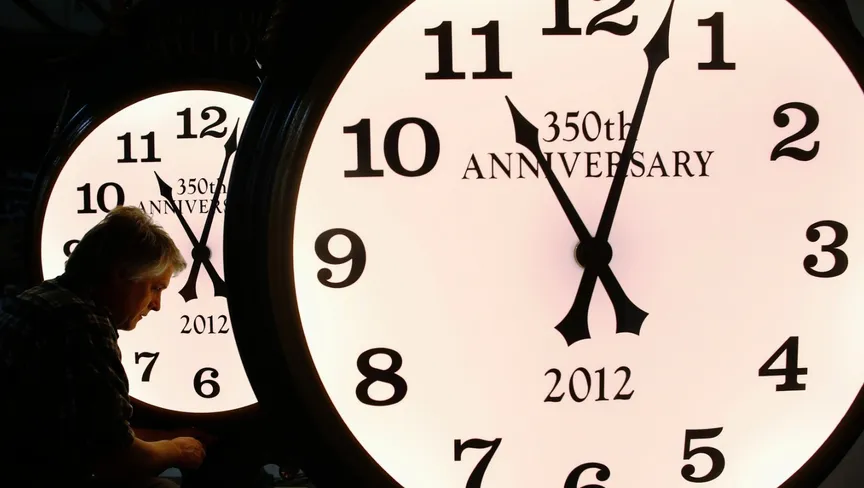British Sleep Research Society calls for abolishing daylight saving time
British Sleep Research Society calls for abolishing daylight saving time
2024-10-23 07:19
 Shafaq News/ The British Sleep Research Society called for the cancellation of the clock changes that occur twice a year in the United Kingdom and in some countries of the world, and called for the return to permanent standard time, in an official statement published in the Sleep Research Journal.
Shafaq News/ The British Sleep Research Society called for the cancellation of the clock changes that occur twice a year in the United Kingdom and in some countries of the world, and called for the return to permanent standard time, in an official statement published in the Sleep Research Journal.
The recommendation is based on scientific evidence indicating the negative effects of changing the clock and daylight saving time on sleep quality and circadian health. The British Sleep Society confirms that sleep is a fundamental pillar of general health and well-being, and that time changes may negatively affect sleep regulation.
“What we often don’t realise is that daylight saving time shifts our timetables forward by an hour, while daylight remains the same,” said Dr Eva Winbeck, co-author of the statement from the University of Surrey in the UK. “This change forces us all to wake up and go to work or school an hour earlier, often in the dark.”
The association stresses that natural light in the morning is an essential element for keeping our biological clocks in sync with night and day, which is essential for optimal sleep and good overall health.
Researchers say some people are calling for year-round daylight saving time, arguing that changing the clocks “is not right because it would leave us with dark mornings during the winter, and morning light is crucial to keeping our biological clocks in sync.”
This is the first document of its kind to provide a British view on the subject, although other sleep associations have previously called for the abolition of year-round daylight saving time and a return to year-round standard time.
When switching to daylight saving time, the clock is moved forward by one hour, which reduces the amount of sleep, leaving people vulnerable to sleep disorders such as insomnia and fatigue.
shafaq.com
